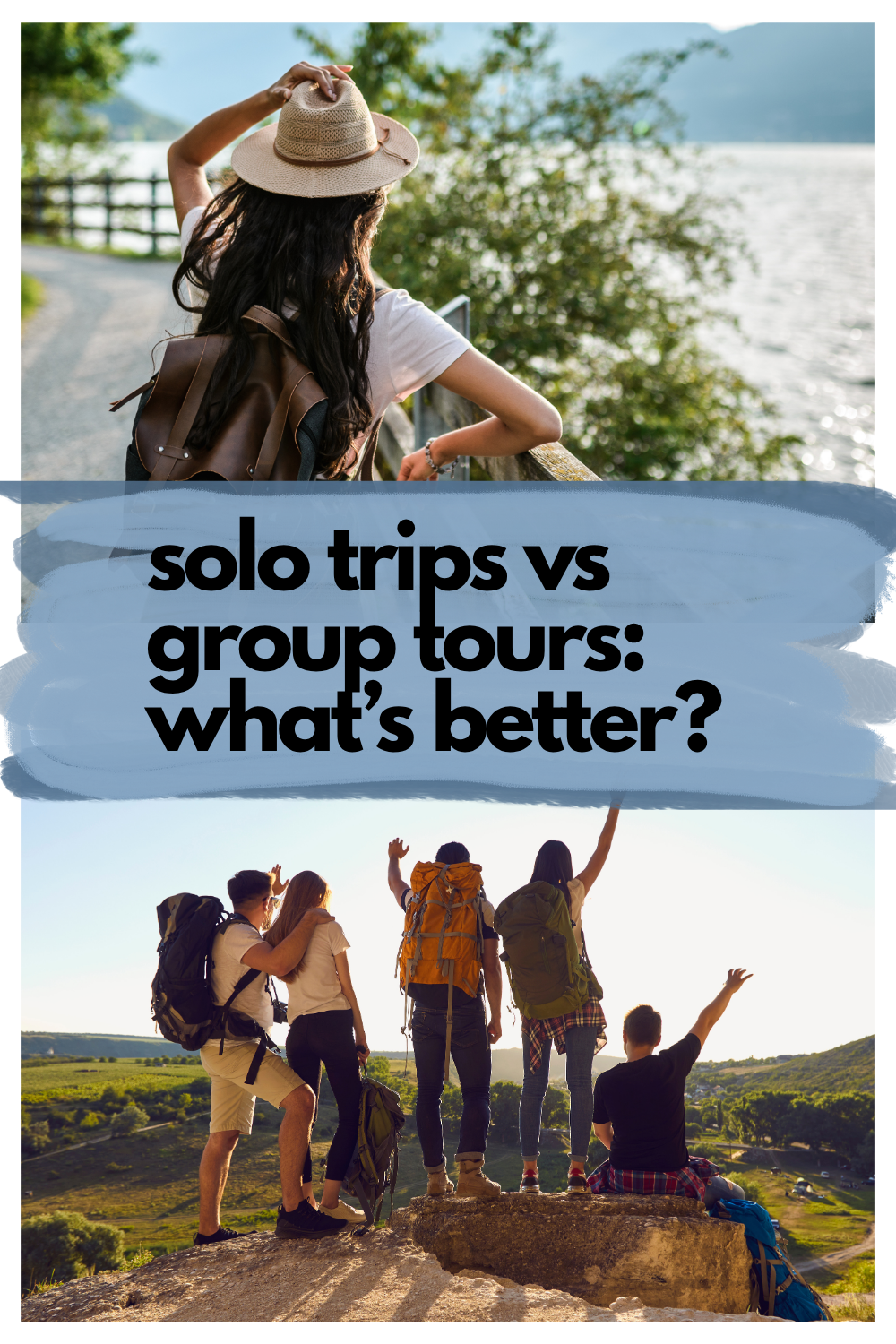

Solo Trip VS Group Tour: What’s Better and How to Choose?
I took my first solo trip when I was 23. Not because I wanted an adrenaline rush or some grand adventure, but because I simply didn’t have anyone to travel with. I didn’t have a boyfriend, and my friends were too busy figuring out life, so I thought, ‘Why wait?’
I packed my rucksack and decided to go anyway. Looking back, that impulsive decision turned out to be one of the best ones I’ve ever made.
My first group trip happened a little later, and it was a trek to Nag Tibba with Indiahikes. The trail was stunning, but honestly, I didn’t enjoy the company much. Maybe it was because we were a huge group of 30-plus people, all walking at different speeds and doing our own thing. It felt more like being in a crowd than part of a group.
Things changed when I joined a smaller group trip to North Sikkim that my friends were hosting. There were just eight of us, and it didn’t feel like travelling with strangers at all. We bonded over long drives, mountain views, and shared laughter, and that trip completely changed how I saw group travel.
After that, I found myself saying yes to more group adventures — Spiti Valley, the Kashmir Great Lakes trek, and eventually, co-hosting my first group trip to South Korea last year. Each of these journeys taught me something new about connection, patience, and the beauty of shared experiences.
Now, after almost a decade of travelling (sometimes alone, sometimes with a group), I’ve come to see how both offer something different and equally valuable.
Solo Trip VS Group Tour: What’s Better and How to Choose?
Well, I have to admit that solo travel made me confident in ways I didn’t expect. It gave me the freedom to go at my own pace, to take a day slow, spend hours in a café, or wander aimlessly through a museum without worrying about anyone else’s plans. When you’re travelling alone, you learn to tune in to what you truly want, and that can be a powerful thing.
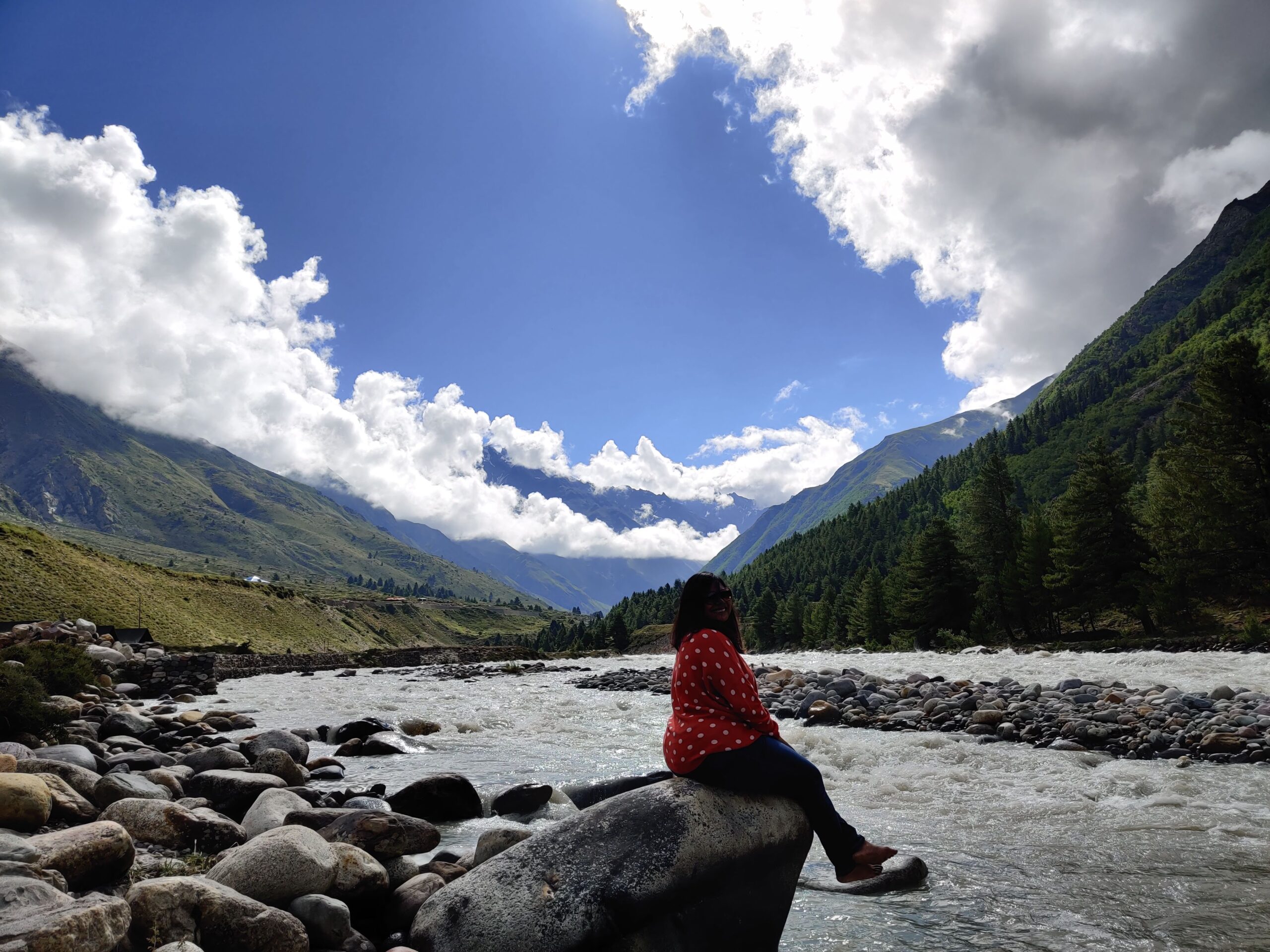
1. A solo trip helps you discover who you really are
Before I took my first solo trip, I was at a crossroads. I had just finished my Master’s in International Relations, unsure whether to study further or take up a regular job. I packed my bags and took a trip to Rishikesh, all by myself. That one trip changed my perspective. Being alone in a new place made me reflect deeply on what I wanted. By the time I returned, I knew I wanted to write.
To say the least, solo travel brings you closer to yourself. When you’re away from familiar people and routines, you start paying attention to your instincts, your curiosities, and your emotions.
2. It makes you mentally and emotionally resilient
Solo travel isn’t always smooth. There are days when things go wrong — missed buses, language barriers, unpredictable weather, and you have no one else to fix it. But that’s the beauty of it. You learn to adapt, think on your feet, and stay calm.
I still remember landing in a city where none of my cards worked and my phone had no signal. It was scary at first, but I figured things out, and that tiny win boosted my confidence like nothing else.
Travelling alone teaches you to rely on yourself. You realise that the world is not as intimidating as it seems. Strangers help, kindness exists, and you’re capable of handling much more than you thought.
Over time, that resilience seeps into other parts of your life. You become more patient, flexible, and less afraid of uncertainty.
3. A solo trip teaches you to embrace setbacks
When you travel solo, not everything goes according to plan, and that’s okay. You learn to see setbacks not as failures, but as part of the journey.
During a Vipassana meditation course, I learned the concept of impermanence — that everything changes. Solo travel brought that lesson to life. Plans fall apart, but they often lead to something better. You miss a bus, end up in a new town, and find a place that wasn’t even on your itinerary.
Those small detours and disruptions make the journey richer. They teach you to let go, to go with the flow, and to see beauty in imperfection.
Are group tours worthy?
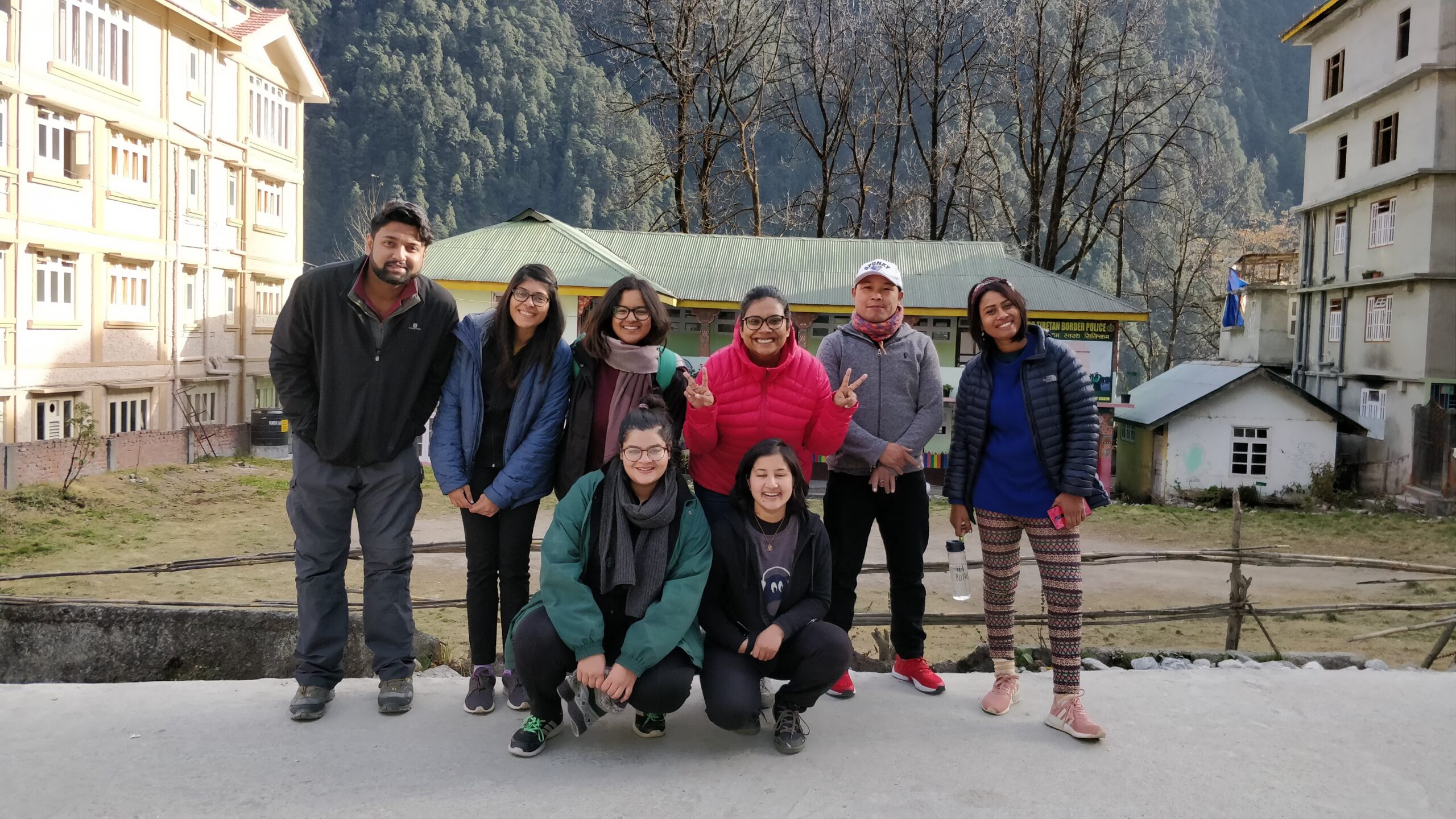
After years of solo adventures, my first proper group trip was a trek to Nag Tibba with Indiahikes. The trek was stunning, but the group, with over 30 people, felt too big and disconnected. I barely got to know anyone. That experience made me believe group travel wasn’t for me.
Then came the group trip to North Sikkim. A few friends were hosting a small trip, and I joined in. There were just eight of us. We drove through misty mountains, sang in the car, and shared stories over dinner. It didn’t feel like travelling with strangers; it felt like family. That trip changed everything I thought I knew about group travel.
1. A group tour simplifies planning and logistics
One of the biggest perks of joining a group tour is convenience. You don’t have to worry about booking hotels, figuring out routes, or managing local transport. Everything’s taken care of. You just show up and enjoy the journey.
When I co-hosted my first group trip to South Korea, I realised how comforting it was for the travellers to know that everything, from accommodation to activities, was sorted. It lets you focus on the experience rather than logistics.
For those who feel overwhelmed by the idea of planning a solo trip, group tours can be the perfect way to start exploring.
2. It connects you with like-minded people
Travelling in a group is a beautiful reminder that shared experiences can build deep connections. I’ve seen friendships form over shared meals, long drives, and even small mishaps along the way.
In Spiti Valley, I travelled with a group of strangers who bonded over the harsh yet mesmerising landscape. By the end of the trip, we were sharing stories around a bonfire like old friends. Some of those connections have lasted years.
Group trips attract people with similar interests: adventure lovers, photographers, slow travellers, foodies, and that often leads to meaningful conversations and genuine friendships.
3. It can push you out of your comfort zone in a different way
While solo travel challenges your independence, group travel teaches you patience and adaptability in social settings. You learn to compromise, to understand different personalities, and to find joy in collective decision-making.
When I led the South Korea trip, I saw how everyone brought their own energy — some loved early morning walks, others were night owls. Learning to balance that diversity taught me as much as any solo journey.
Group travel also pushes you to try things you might not do alone. From hiking a difficult trail because others motivate you, to singing karaoke in a foreign city because everyone else is doing it. These moments often become your best memories.
So, which one should you choose?
There isn’t a “better” option. Both solo and group travel offer different gifts.
If you’re craving space to think, grow, and reconnect with yourself, travel solo. It’s one of the best ways to declutter your mind and make sense of life’s chaos. When you’re alone on the road, without the noise of routines or expectations, you begin to see things with a new kind of clarity. You learn to slow down, to listen to yourself, and to find joy in your own company.
I took a solo trip to Sri Lanka to celebrate my 30th birthday, not to escape, but to pause and truly embrace where I was in life. I spent days wandering through new cities, journaling in quiet cafés, and reflecting on how far I’d come. That trip wasn’t just about ticking off places; it was about celebrating myself, my journey, and everything in between.
And even though solo travel often begins with the idea of being alone, the road rarely leaves you lonely. Some of my closest friendships were formed while travelling solo, with people I met on buses, in hostels, or during long conversations with strangers who somehow felt familiar. That’s the beauty of travel: it has a way of connecting souls that might never have crossed paths otherwise.
If you’re longing for connection, shared laughter, and the comfort of community, join a group trip. There’s something incredibly heartwarming about watching strangers turn into friends over shared experiences — whether it’s hiking together, getting lost in a new city, or bonding over food and stories. Group travel reminds you that the world feels warmer when moments are shared.
After nearly a decade of travelling both ways, I’ve realised that you don’t really have to choose one over the other. Some journeys are meant to be taken alone, to help you hear your own voice more clearly. Others are meant to be shared, to let you see the world through someone else’s eyes.
In the end, every journey, whether a solo trip or a group tour, leaves you a little lighter, a little wiser, and a little more open to the surprises that life has in store.
The only ‘wrong choice’ is not setting out at all.

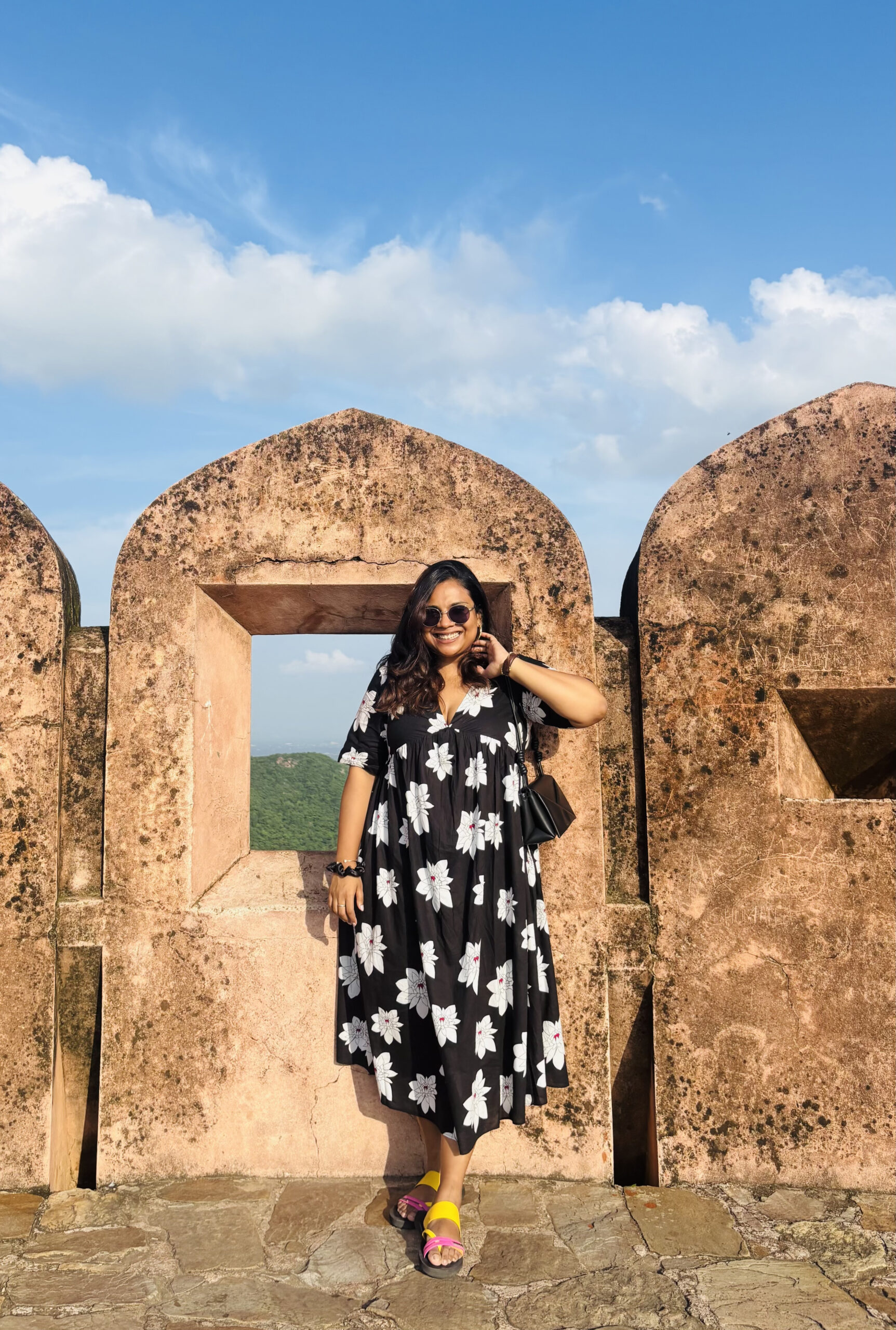

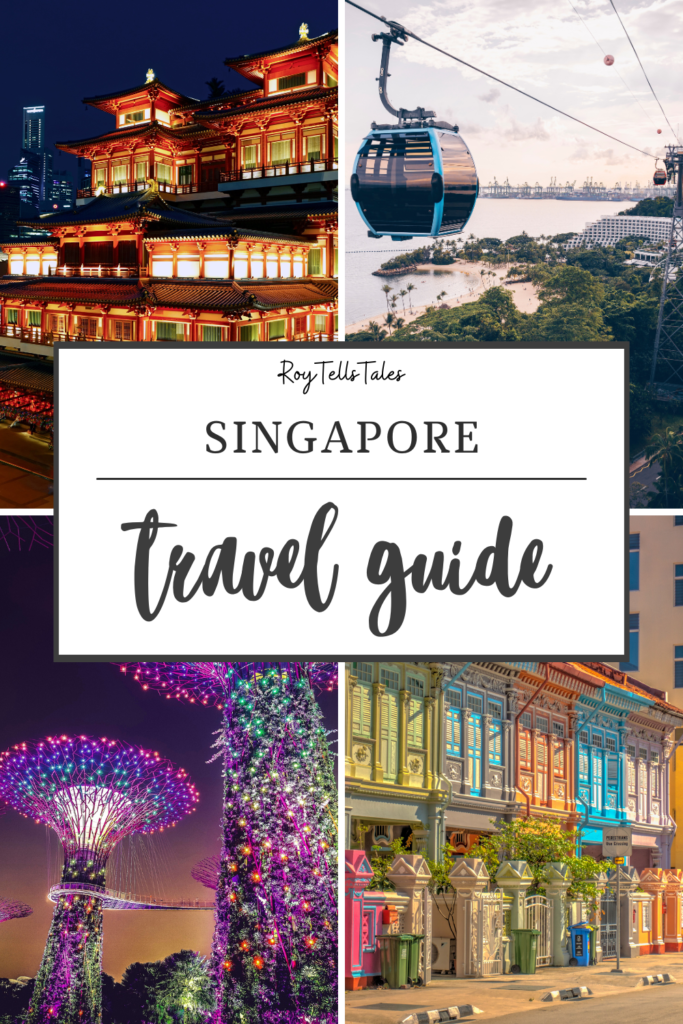
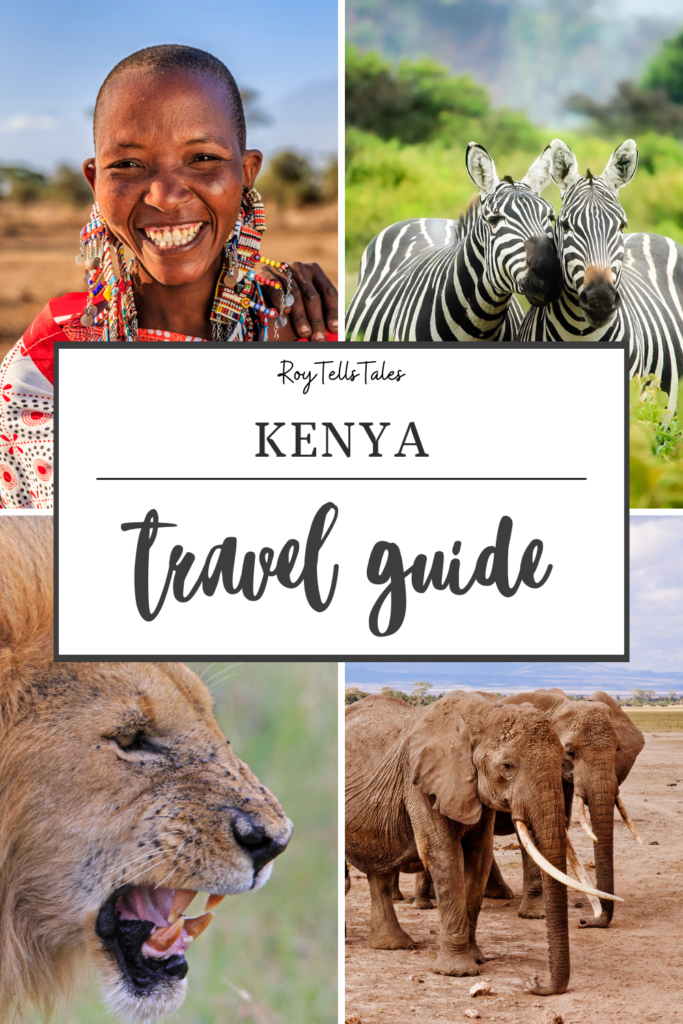
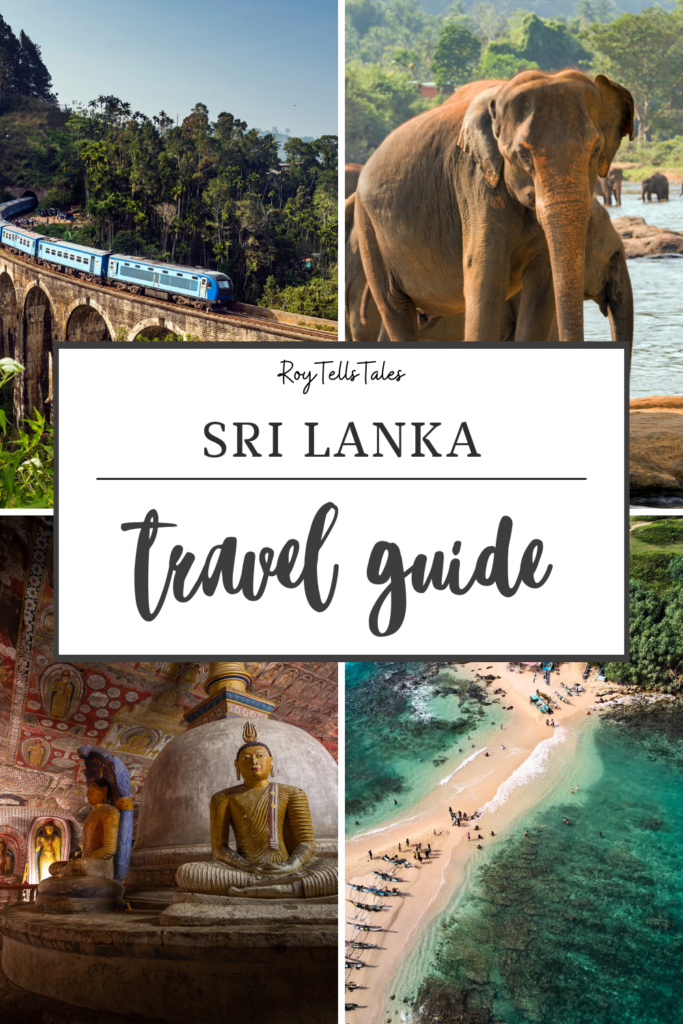
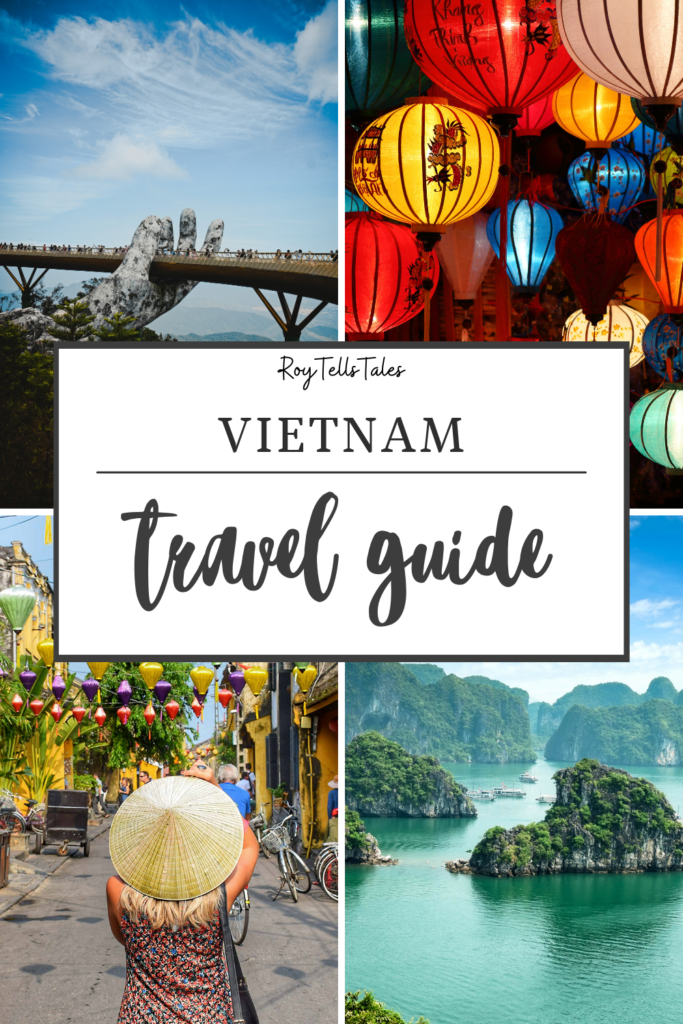
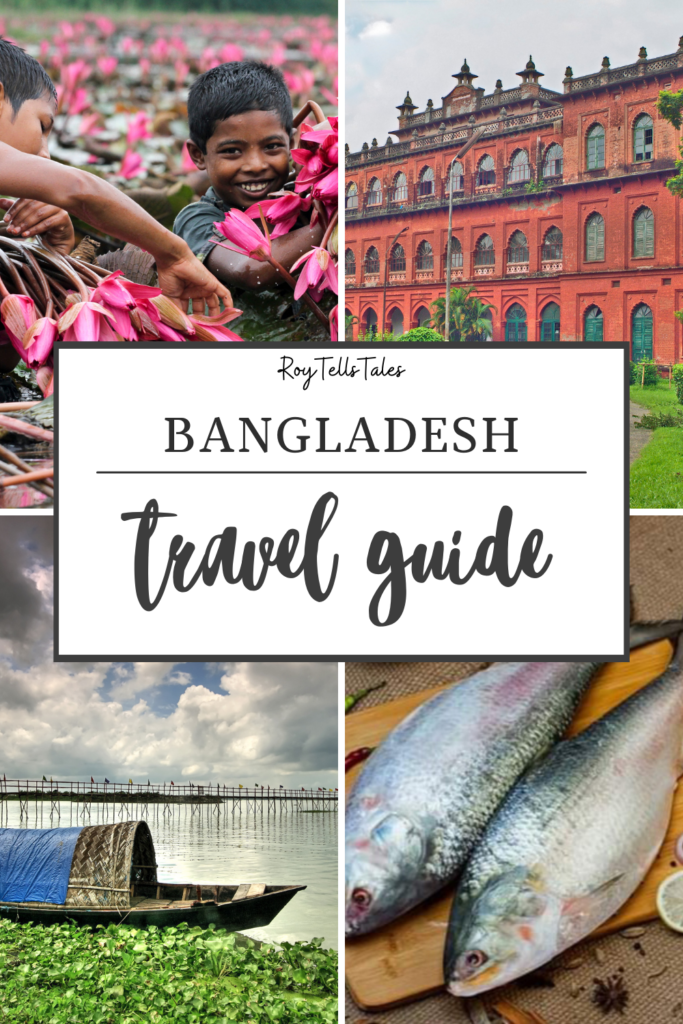
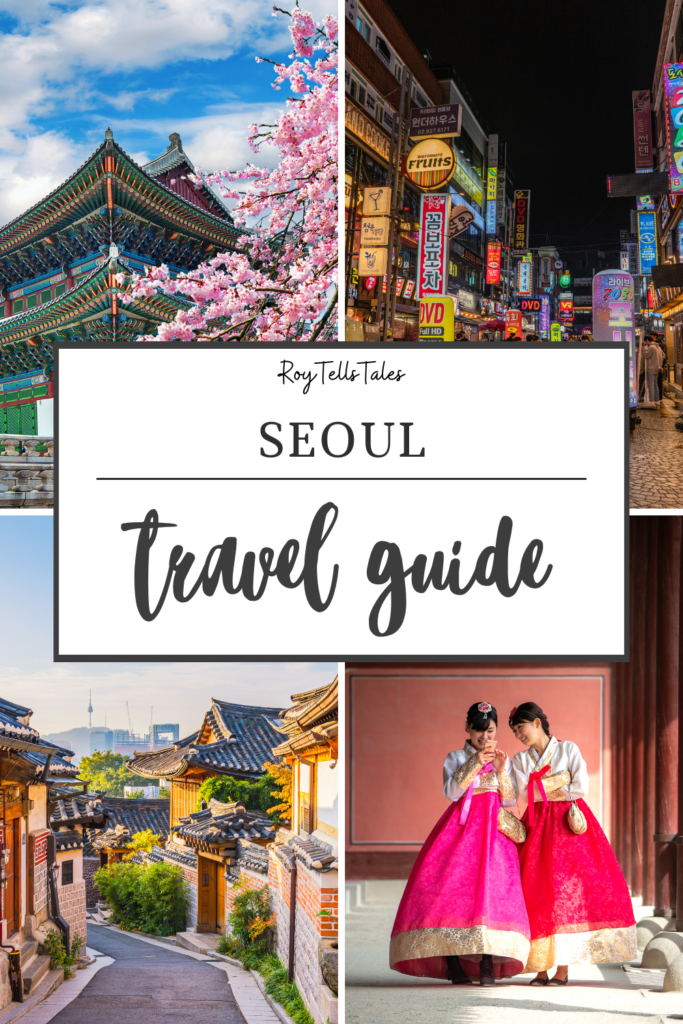








Great post — your balanced breakdown of whether to go for a solo adventure or join a group tour is both insightful and inspiring.